
Sign in to your Collider account
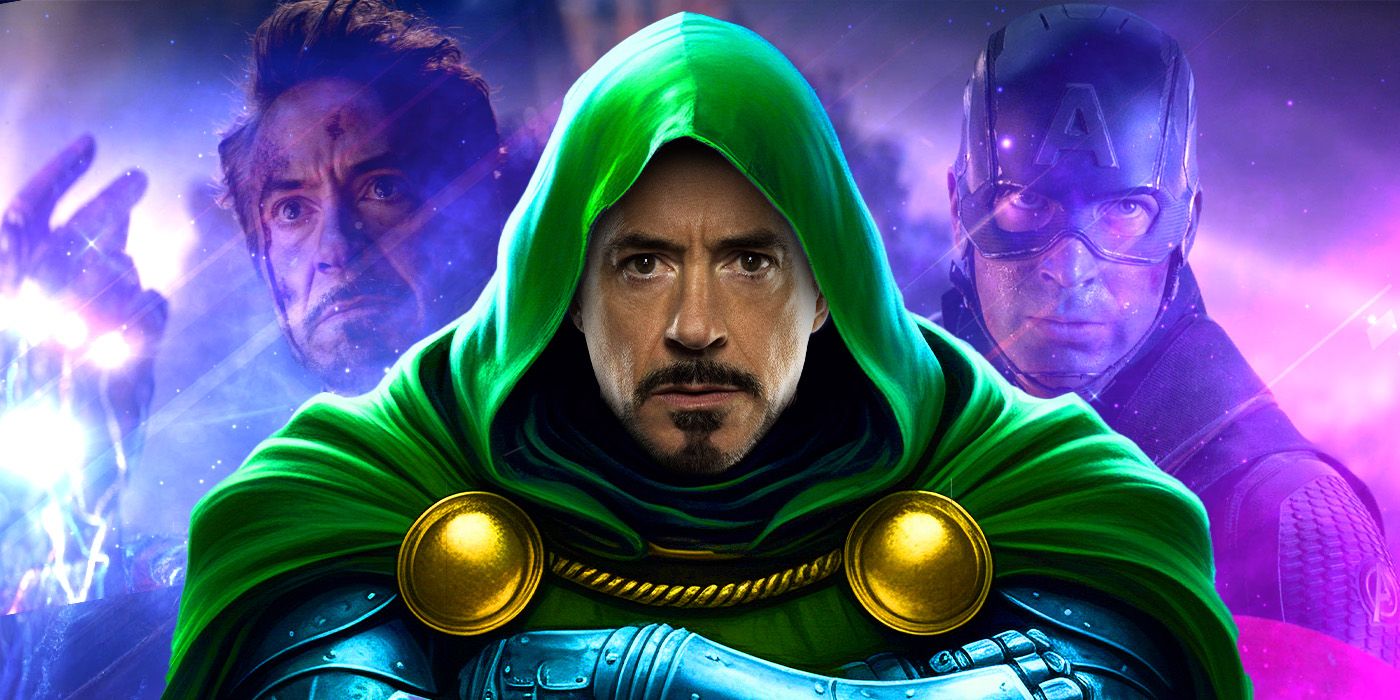 Image by Zanda Rice
Image by Zanda Rice
Robert Downey Jr. and Chris Evans, the two pillars of the original Avengers, are set to make their return to the MCU— and it's going to be a tremendous mistake. As the sprawling cinematic universe moves forward into uncharted territory, the instinct to rely on familiar faces for stability makes sense, but it lacks the spirit that the characters, or the franchise as a whole, always represented. Among the expansive roster of performers in the MCU, Downey and Evans stood out as the two figureheads of the cinematic franchise. Both actors had the most prominent roles in the entire cinematic universe; as Iron Man and Captain America, they not only starred in completed standalone trilogies but came together to lead the Avengers whenever they would assemble for their shared films. Among a cast full of stars, they were the two brightest. However, returning to Evans and Downey so soon after their intended finale exemplifies the current lack of trust between fans and the MCU, representing a lack of faith in the new actors, characters, and storylines in favor of maximizing nostalgia and familiarity.
Chris Evans and Robert Downey Jr. Represented the Underdog Spirit of the MCU
The importance of Downey and Evans to the MCU is supported by how the actors' own professional journeys ideologically represented what the studio was trying to accomplish. The MCU was a crazy experiment— such a large and interconnected film franchise had never been made before— and so, it needed actors that were capable of fulfilling those lofty ambitions. Downey, now considered the godfather of the MCU, was just returning to Hollywood stardom after years of personal issues kept him from working at his true potential. Downey was in search of a second chance— just like Tony Stark. While it's important to separate the art from the artist, it's hard to fully untangle RDJ from Stark when the narrative parallels are so apparent, and the results are so effective. When audiences first saw Iron Man, they didn't see a controversial actor or a B-list comic book hero; they saw Downey at his most captivating, embodying Tony Stark with such charm and vitality that no other actor could dare encroach on the character. Downey's performance was so charismatic that it launched an entire cinematic universe.
While Chris Evans had an altogether distinct path to becoming Captain America, he, too, seemed to represent a similar story to his fictional role. Evans wasn't new to Hollywood, nor was he new to playing a superhero, but the actor had yet to truly establish himself as a leading man. Better known for more classic jock roles, like the Human Torch or Lucas Lee from Scott Pilgrim vs. The World, Evans clearly displayed the potential to be super, but did he have the heart to be a leader? The answer was a resounding yes, as Evans' performance as Steve Rogers proved to be exactly what the MCU needed. Serving as the perfect accompaniment to Tony Stark's sass and snark, Evans highlighted Captain America's resilience and loyalty, the exact traits that made him the necessary leader of the superhero team. Both Evan and Downey had feel-good stories that reflected the underdog nature of the MCU and its characters, making the entire experience exciting for audiences on multiple fronts. We weren't just watching characters overcome the odds, we were seeing artists and performers defy expectations. However, their return to the MCU, especially under these circumstances, dismantles everything.
'Avengers: Endgame' Concluded their Narrative Journeys
A common criticism of comic book storytelling is the lack of sufficient stakes. Between fake deaths, resurrections, and other narrative hijinks, characters in comic books often get stuck in revolving journeys with little actual progress. Just think about how many Spider-Man stories still see the web-slinger stuck in high school and with no money? However, that issue is directly what Avengers: Endgame successfuly overcame. Endgame was a love letter to the original Avengers cast; it was a farewell tour that gave their characters conclusive narrative endings that thematically aligned with their arcs that spanned several films.
In this chapter, the MCU gave these comic book characters bittersweet but earned endings to their stories. Tony Stark, once a selfish and cavalier weapons manufacturer, proved that his humanity and selflessness were essential to the world's survival. His destined path of becoming Iron Man wasn't just to save his own life, but for the entire universe. In complementary juxtaposition, Steve Rogers, the man who couldn't help but volunteer his own life at every opportunity, finally chooses to prioritize himself after years of fighting. To get to this point in their journeys, both characters went through entire trilogies and four Avengers movies, each with character development and growth to get to this point. Unlike in comic books, the MCU built off each installment and made sure that each addition had lasting influence and consequences. It's that accumulation of audience time and commitment, one that spanned an entire decade that made Endgame such a unique movie, complete with one of cinema's most satisfying endings.
The New Avengers Roster Deserves the Spotlight
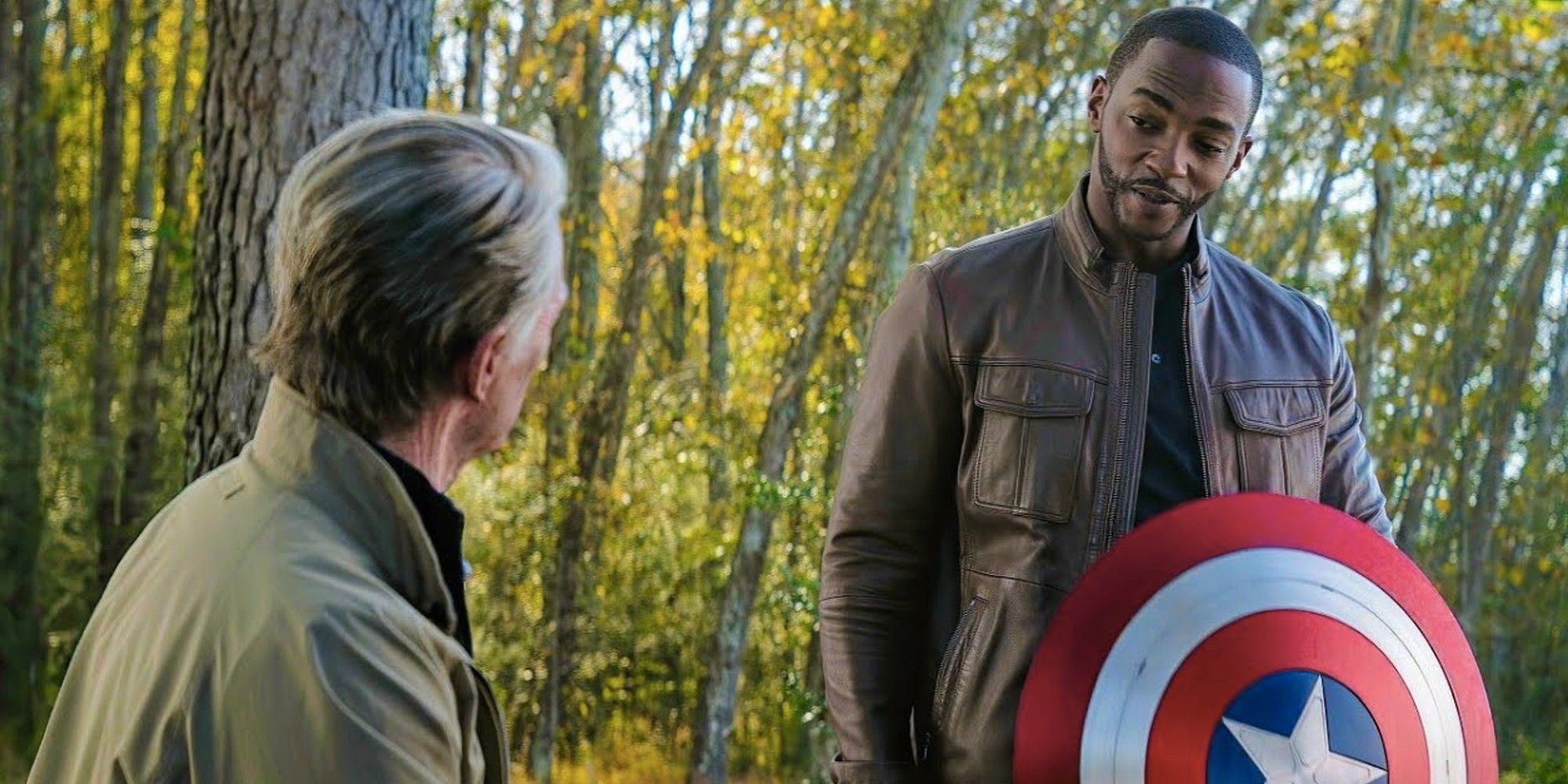 Image via Marvel Studios
Image via Marvel Studios
It's no secret that the MCU has been going through a rough patch in the past few years, as reception to Phase Four paled in comparison to the near-universal positive hype surrounding the franchise during the previous two Avengers movies. The return of Downey and Evans feels like a response to this waning interest, but it also feels like waving the white flag. Kevin Feige's ingenious marketing strategy of outlining different phases in the MCU was one of the premier reasons why fans kept returning to the franchise, as each year brought new movies and new excitement. But it was that daring and experimentation that made this cycle feel innovative rather than repetitive. Back in 2019, Endgame was meant to serve as a closing chapter to the first three phases, but rather than end the MCU as a whole, it was also meant to be the symbolic passing of the torch from one Avengers cast to the next. Steve Rogers passed down his shield to Sam Wilson (Anthony Mackie) and Tony Stark's sacrifice ensured that future generations of heroes would live on.
The following few movies even introduced new characters poised to take the spotlight, such as Shang-Chi (Simu Liu), but the MCU has failed to maximize these fresh faces. In reality, Shang-Chi hasn't been seen in years, and he's supposed to be one of the main members of the new Avengers roster. The MCU did something no other movie franchise could have accomplished, but its own fear is now leading to its self-imposed implosion. After years of anticipation and narrative development, the return of Evans and Downey is emblematic of how the MCU might have lost the audacious spirit that made it so beloved in the first place.
Avengers: Endgame is streaming on Disney+ in the U.S.
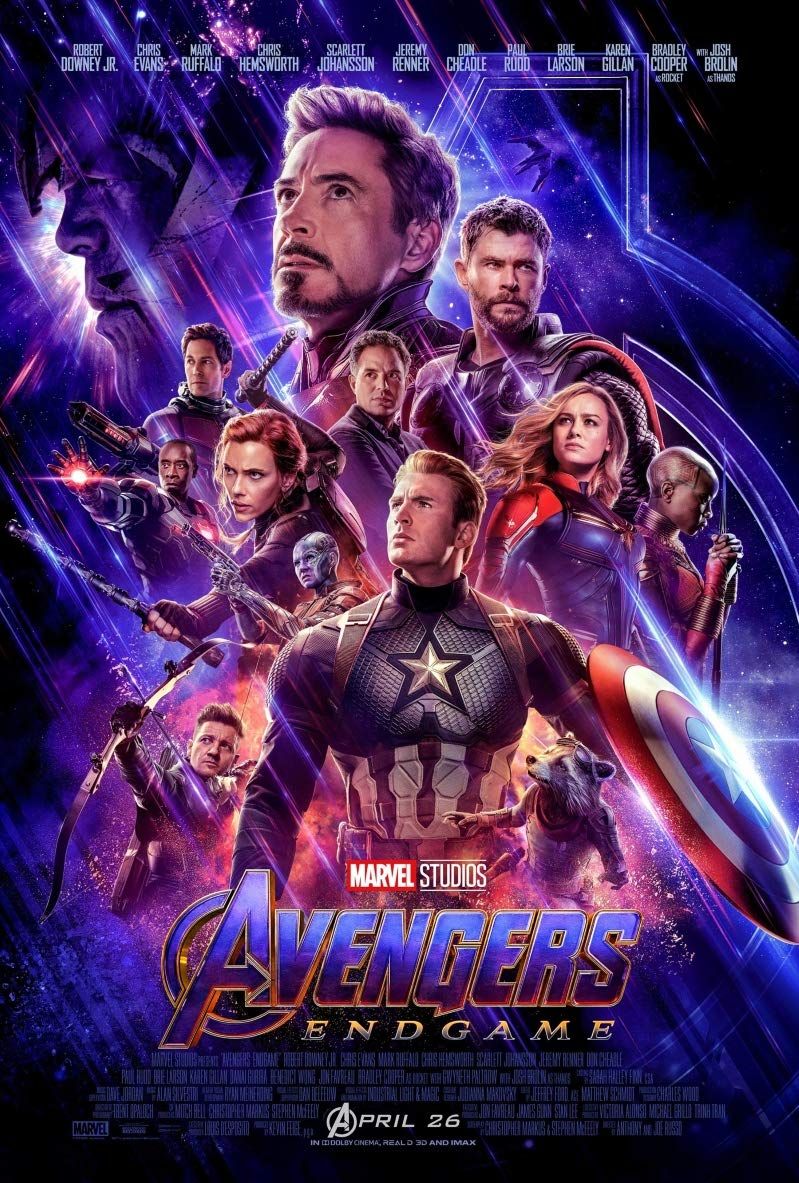
Your changes have been saved
Avengers: Endgame
After the devastating events of Avengers: Infinity War, the universe is in ruins due to the efforts of the Mad Titan, Thanos. With the help of remaining allies, the Avengers must assemble once more in order to undo Thanos' actions and restore order to the universe once and for all, no matter what consequences may be in store.
Runtime 182 Minutes
Studio Marvel Studios
Franchise Marvel Cinematic Universe

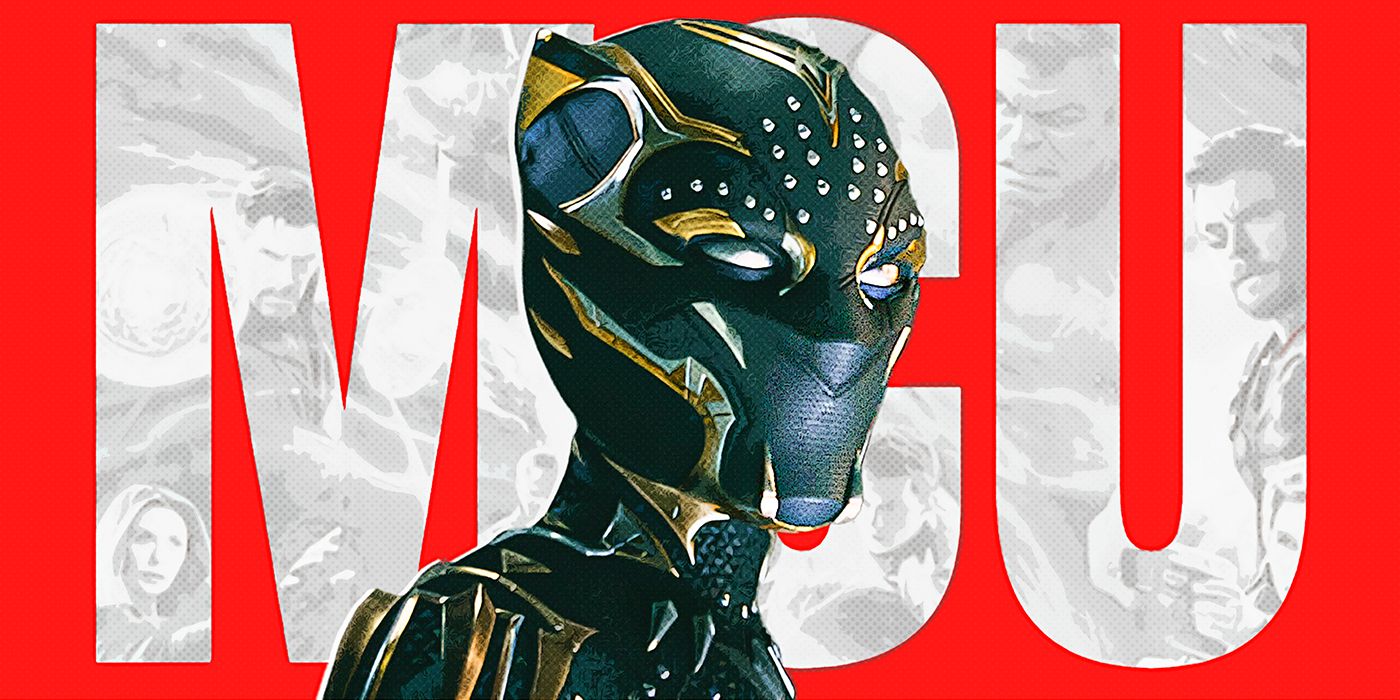

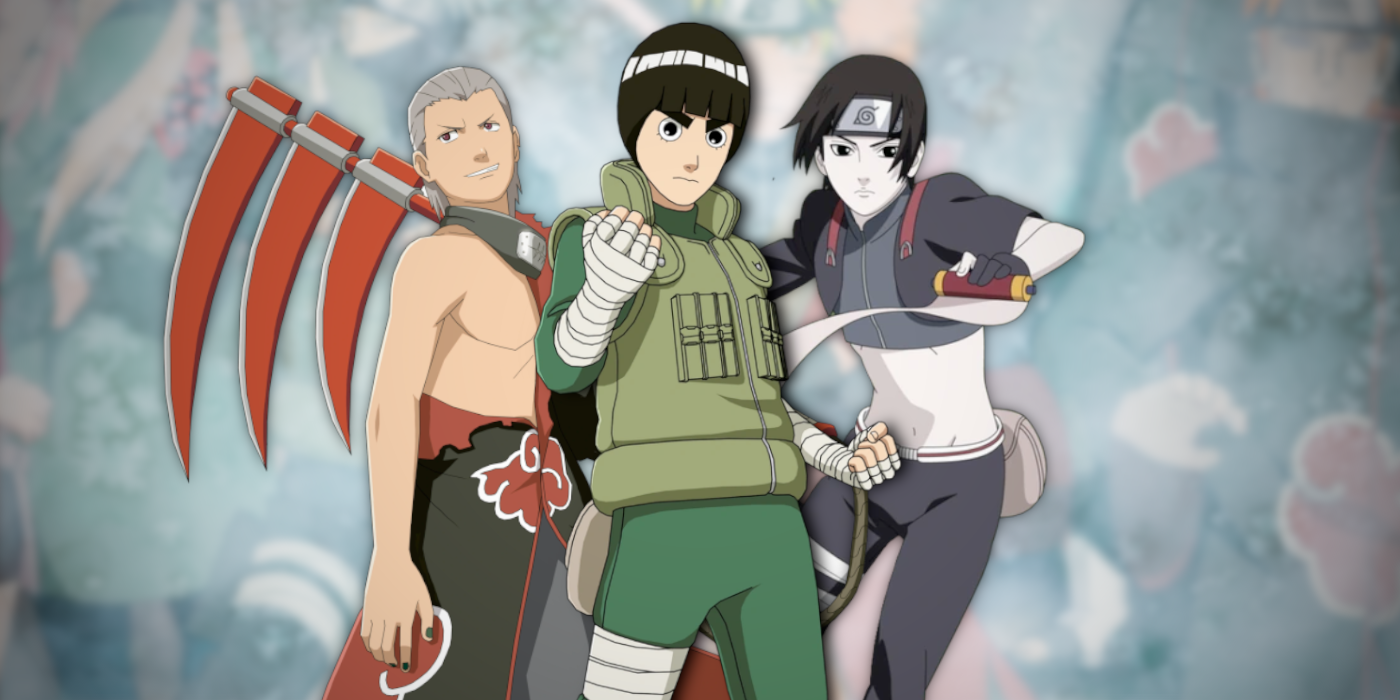
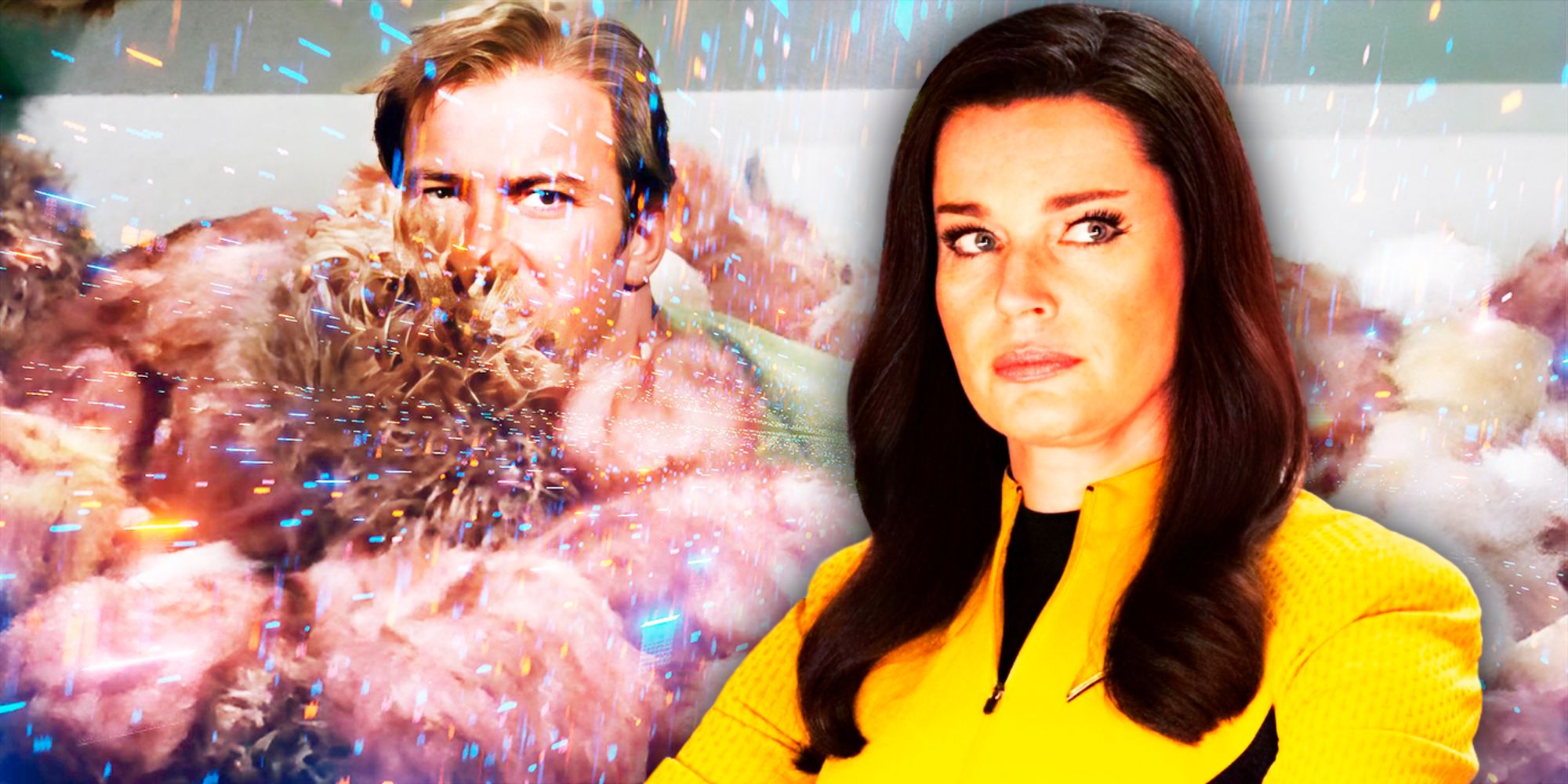



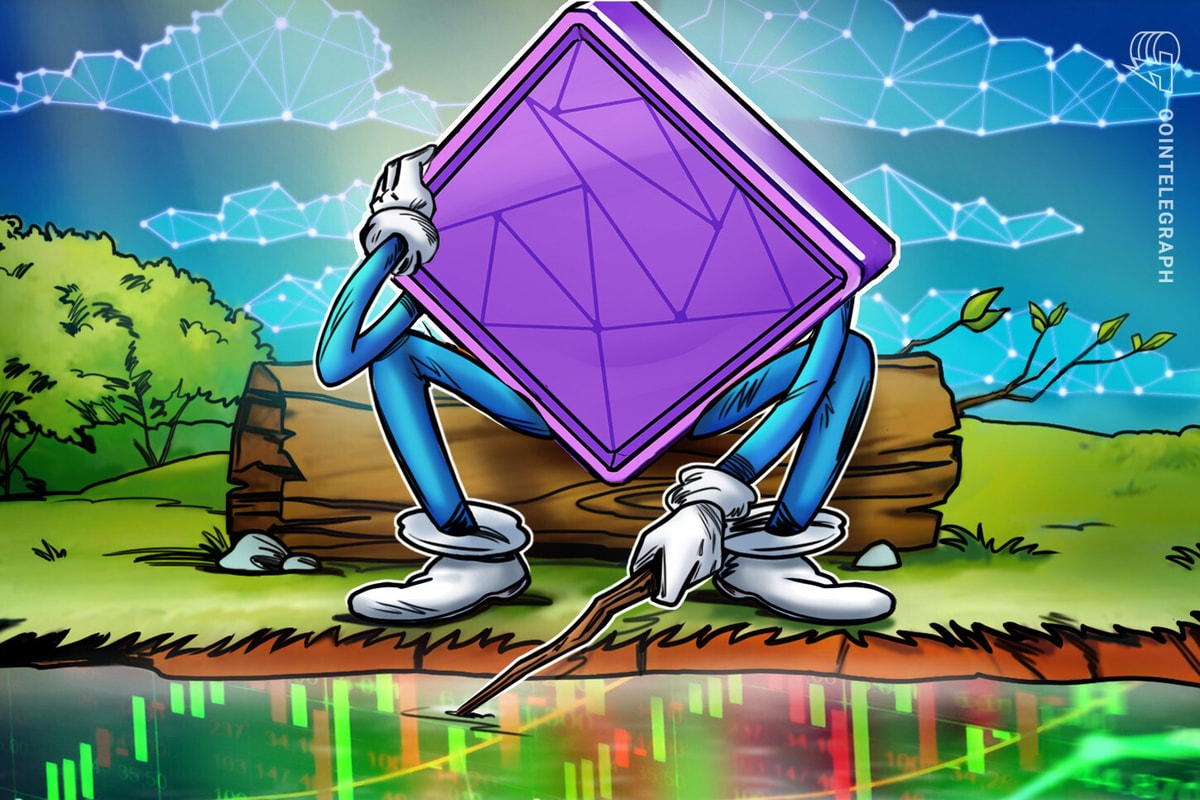

 English (US) ·
English (US) ·